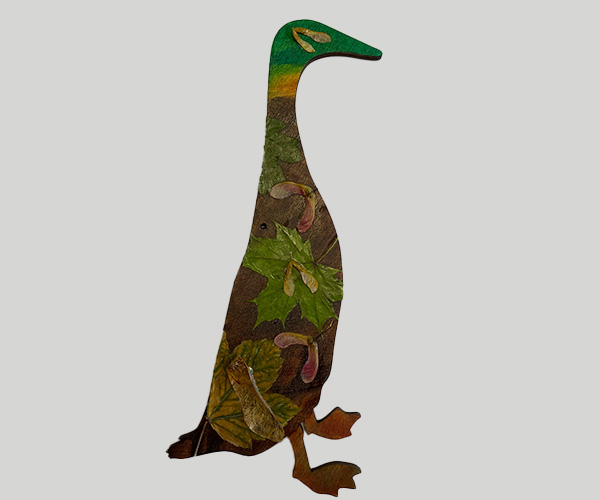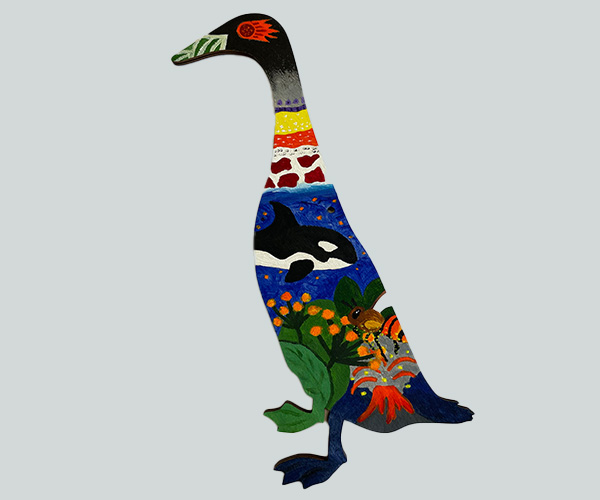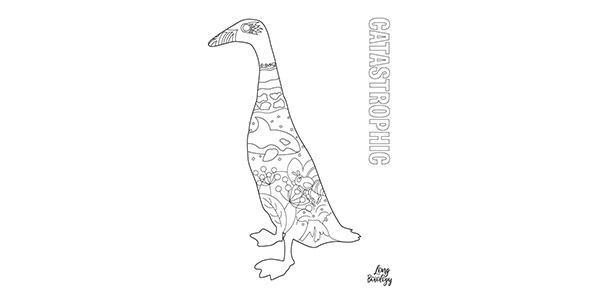The Tree of Life Sciences
Plant reproduction
Many plant species have highly variable and synchronised reproduction over time; in some years individual plants that are close to each other in space all produce many seeds, and in other years, hardly any.
These ‘mast seeding’ patterns have been linked to weather (temperature, precipitation), but describing past patterns and predicting future reproduction is challenging as it requires large, long-term datasets, particularly if patterns are changing over time.
Seed production is a key component of life cycles for both the plants and the animals that consume the seeds, so it is crucial to understand how these communities may respond to disturbance and climate change.

Mycorrhizal fungal traits

One of the first online working groups in the pandemic, the Natural Environment Research Council (NERC) funded international collaboration on mycorrhizal ecological traits and created a global network of diverse ecologists with a virtual home in biology at York.
Mycorrhizal fungi are essential to soil health, playing a major role in soil quality, plants’ nutrient and water uptake, as well as protecting them from pests and pathogens.
By investigating the dispersal rates of these spores, we can better understand if and how these fungi spread from area to area - the first step to rebuilding resilience in soils that have degraded due to environmental change, and subsequently strengthening food production and security.
Catastrophic
Game-based learning is increasingly used in higher education to help students build professional networks, engage with learning, and be motivated by low-risk failure. Catastrophic is a joyful card game designed by students and staff at York to help players understand how the small things in life can affect large scale processes around the globe.
It’s being played on six of the seven continents of the world and game development is an ongoing focus in the Department; students have the opportunity to work on expansion packs during science communication research projects and summer internships.

Make your own duck
Didn't get the chance to attend the Art Trail Festival of Ideas workshop?
You can still colour your own catastrophic duck and make it your own.

